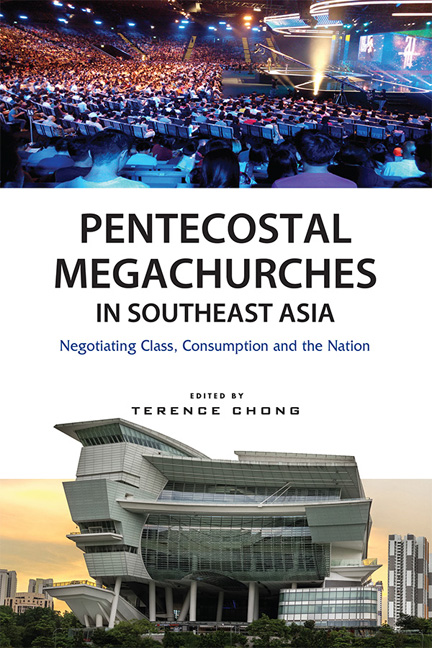6 - Jesus is Lord: The Indigenization of Megachurch Christianity in the Philippines
from Philippines
Published online by Cambridge University Press: 04 July 2018
Summary
Introduction
In 2013, the Jesus Is Lord (JIL) movement celebrated its 35th anniversary at the open-air grounds of the Luneta Grandstand in Manila with an estimated 20,000 in attendance. The event adopted the theme “Revolution of Righteousness”, which organizers have explained in two ways. The revolution was a spiritual transformation people underwent for salvation. This idea cannot be detached from JIL's Evangelical ethos. But also, this idea has implications on the way JIL views Philippine society.
Brother Eddie Villanueva, founder and senior pastor of JIL, announced at the anniversary, “the triumph of justice and righteousness must prevail, because, the Bible says, justice and righteousness are the foundations of God's throne.” The anniversary's theme neatly defined JIL and its social location as an evangelical church in contemporary Philippines. It clearly repackaged itself as a force to be reckoned with in Philippine society; it has come a long way from its beginnings as a simple charismatic church in the 1970s to a religious entity with political leverage and ambitions today.
JIL was born in 1978 when Brother Eddie Villanueva felt called by God to establish an independent church. JIL began as a series of Bible study sessions at the Polytechnic University of the Philippines (PUP). Brother Eddie, as he is popularly known, lectured economics at PUP.
JIL's establishment marked the rise of non-denominational charismatic churches distinct from institutionalized Pentecostal groups like the Assemblies of God, the Church of God, and the Church of the Foursquare Gospel. These groups arrived in the Philippines during the American occupation in the first half of the twentieth century. JIL has more recently been described as one of the biggest independent megachurches in the Philippines and one of the fastest growing churches in the world. It claimed to have four million members in the Philippines and in 55 other countries. To signify its global presence, the church renamed itself JIL Worldwide.
Apart from congregations in local neighbourhoods across the country, JIL also holds at least nine main services in three different locations in Metro Manila and Bulacan province, its national headquarters. Locally and internationally, most JIL members are working class. The majority of JIL's local congregations are in urban and rural poor communities. Globally, JIL has formed international chapters in places where Overseas Filipino Workers (OFWs), especially domestic helpers, have found work.
- Type
- Chapter
- Information
- Pentecostal Megachurches in Southeast AsiaNegotiating Class, Consumption and the Nation, pp. 127 - 155Publisher: ISEAS–Yusof Ishak InstitutePrint publication year: 2018

